Second Report from United Nations CND meetings, IMCPC in Vienna
Dear friends,
This is my second and last report from Vienna. I will also include
links below to other reports from Vienna from ENCOD.
As we conclude these meetings of the United Nations Commission on
Narcotic Drugs meetings we have many achievements.
For the first time:
For the first time NGO’s were given reserved seating by name
in the Commission meetings
and for the very first time NGO leaders were allowed to participate
in a meaningful way in round table discussions on a variety of
subjects instead of having to wait until the end of the schedule where
they most often were never given the opportunity to speak at all. I am
told that this CND was the very first time a synthetic
cannabinoid has been scheduled and this may be the first time
NGO’s were effective to help stop the strongest of member states
from scheduling a substance, ketamine. I will talk more about
this in a moment. This was the first time Law Enforcement Against
Prohibition was able to present a side event with co-sponsorship
of a member state, the Czech Republic and this was the first
year that cannabis patients presented their stories and showed
their medicine in side events during the CND meetings. Finally
this was the first year our various coalitions were able to distribute
our documents directly to the member state delegations utilizing
the process under the secretariat of the governing bodies.
Capacity:
Our total number of NGO representatives working inside the CND
on drug policy reform generally is about 250 and the total of NGO
representatives is probably close to 1000 where many of these
NGO representatives are working on public health, drug treatment
services or harm reduction and the balance being those who
steadfastly support prohibition like Kevin Sabet and his ilk. These
NGO’s along with the 1000 or more representatives of government
and the 100’s of UN staff people should give you an idea of the scope
of these meetings.
Informal dialog:
As has become tradition since 2008 NGO’s are given the opportunity
to meet with leaders of the various UN drug agencies, the CND Chair,
the Director of UNODC and the President of INCB. This year we were
not able to meet with Director Feditov because of a schedule conflict
but some NGO’s expressed that the meeting was actually even more
productive as senior staff people were able to be much more open
with NGO leaders about the day to day activities of the UNODC. Of
particular concern to us would be the presentation of Gilbert Gerra
of UNODC scientific section. You can read about the various questions
and answers of this interaction in the link just below but suffice it to
say that Gilberto has essentially challenged us to provide UNODC
with more up to date and inclusive information about cannabis
as medicine.
UNODC Informal Dialog CND Blog:
http://www.cndblog.org/2015/03/informal-ngo-dialogue-with-executive.html#more
Our dialog with the new president of INCB was particularly interesting. Dr. Naidoo
made it very clear that medicinal cannabis policies were well within the scope
of the international treaties but he expressed concerns about smoking as a route
of delivery. Again I would see this as an opportunity and invitation to provide
information to INCB about vaporization, edibles, tinctures, extracts etc. Also
of interest was his assertion that no member state had actually complained to INCB
about the legalization of cannabis in USA or Uruguay!
INCB Informal Dialog with President of INCB:
http://www.cndblog.org/2015/03/informal-ngo-dialogue-with-president-of.html
NGO Civil Society Task Force:
To assist in bringing into the 2016 UNGASS process voices of civil society
the NY NGO Committee of which I hold a leadership position and the Vienna
NGO Committee of which I am a member have joined forces with
UNODC to form a civil society task force. It will be up to us to make this task
force represent our positions through our cooperation with it. I suggest all of
our organizations join the NY NGO Committee and also apply for recognition
[accreditation] with the United Nations ECOSOC as well.
Civil Society Task Force:
http://www.unodc.org/documents/NGO/The_Civil_Society_Task_Force_in_brief.pdf
Private meeting with ONDCP, INL, NIDA:
On Monday night I was able to meet informally with ONDCP director Botticelli,
Dr. Volkow [NIDA] and senior state department officials working with Secretary
Brownfeild. I was very stern with Dr. Volkow that despite how proud she was
of all the single cannabinoid studies that she ticked off from memory I made
it clear that we weren’t happy with NIDA’s obstruction of studies of the
medical efficacy of whole cannabis. I mentioned how the groups like CADCA
had access to her and that she has spoken at their conferences but that
she had made no meaningful effort to coordinate with the medicinal
cannabis movement in USA so that left me no choice but to use my time
with her on such a basic conversation about the past and future relationship
of NIDA to our work. My meeting with Director Botticelli was far
more congenial and at his suggestion I was able to have a meaningful
follow up meeting with his senior staff and representative from FDA where,
as leader of VMCA, we established a new practical working relationship on
Veterans medicinal access issues, encouraging cannabis research and
on mitigating unintended consequences to patient access from the
administrations fight against opiate misuse. Interesting that the ONDCP
rep said we don’t mean to scare doctors when the FDA representative
chimed in that indeed we do mean to scare doctors but only away from i
inappropriate prescribing of opiates not scare them away from all
prescribing!!
CND Cannabis Side Events:
During the CND we had two side events on cannabis supported by the
NGO ENCOD. I presented the IMCPC resolution formally during both
of these side events. To save time I will not write about these side events
other than to say they were excellent and very well received and historic
and further than that I refer you to these excellent reports of the side
events from our ENCOD colleagues:
Smoke Signals From Vienna:
The Encod Vienna team at the 58th Commission on Narcotic Drugs
http://www.encod.org/info/Smoke-signals-from-Vienna.html
Report in French about ENCOD side events, IMCPC announcement etc.
https://www.chanvrelibertes.org/p/imcpc-creation/
http://www.ungass-on-drugs.eu/data/322
Distribution of IMCPC Prague Resolution to United Nations:
We succeeded finally in submitting our resolution
for distribution to the member states through the secretariat of the governing
bodies. This means that our document has been delivered personally to each of the
national delegations present in Vienna. I first had to make 250 copies of our resolution
but then they refused to distribute the document for us as a coalition and instead I
had to submit the document under a sponsor ECOSOC accredited organization. Many
thanks to SSDP for acting as our sponsor and submitting the document on our behalf.
I then had to create a cover letter for SSDP to present our coalition document
and then staple the hundreds of copies together for distribution. This is a very important
step as this is the first time we are communicating with the member governments of the CND
and observer nations in attendance in such a direct fashion.
Our sister coalition:
VMCA is also a formative member of the ad-hoc US Coalition for Global Drug Policy Reform
and we also were able to distribute this coalition statement as well:
Ketamine:
The World Health Organization opposes the scheduling of Ketamine because it is
the only substance they have available that can be used as a general anesthetic in
places that do not have electricity making it an important drug in developing countries.
Of interest to us this fight can be seen as implicit proof that drug scheduling
hampers legitimate patient access and further it is in this fight that we have
developed a good working relationship with WHO that will help us be effective
in a year or two when the WHO takes up the review of cannabis. It is important
to note that the WHO also pressured the CND to lower the schedule number
of THC [dronabinol] years ago and the CND has been opposing these evidence
based advice based upon political reasons. The CND is in this way overstepping
it’s authority. NGO’s working here in Vienna worked very hard to prevent
China from scheduling ketamine. For now we hold this ground.
Our WHO cannabis team is now being assembled comprised of Human Rights Watch, VMCA, ASA,
TNI and SSDP. If your organization would like to be in the loop on these activities
in Geneva please do let me or Steph know.
As I am writing this report we are in the last day of meetings at CND and indeed they
have saved the most contentious resolution for last, the UNGASS resolution itself. They
expect to possibly be working on this until 11pm! You can follow up on the result of
this debate by checking back to the IDPC CND Blog:
This has been a hard set of meetings for us patients to navigate but I think the work
that has been done here is critical to ensuring the world establish meaningful
reform of the cannabis policy under treaty and will help make cannabis more easily
available to patients regardless of what country they live in.
In this quest I remain,
Sincerely yours,
Michael
Michael Krawitz, Executive Director of Veterans For Medicinal Cannabis Access and
proud representative of our International Medicinal Cannabis Patients Organization Coalition!
Vienna, Austria United Nations CND meetings

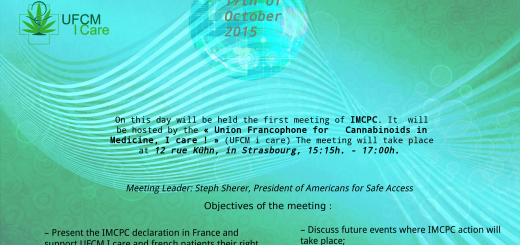

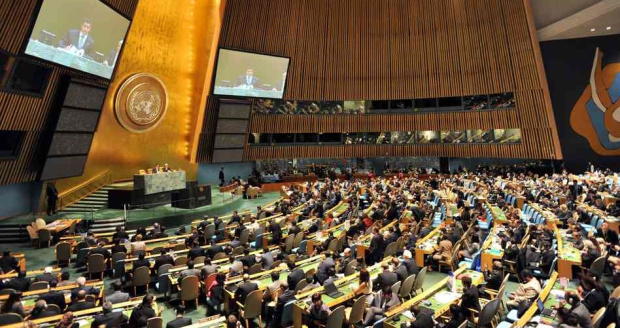
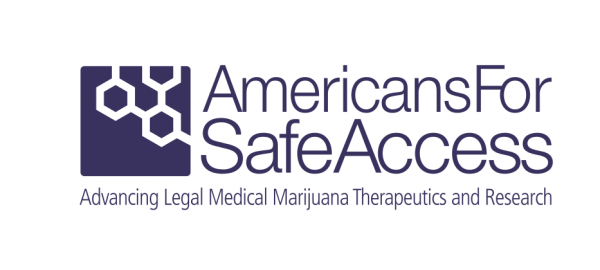
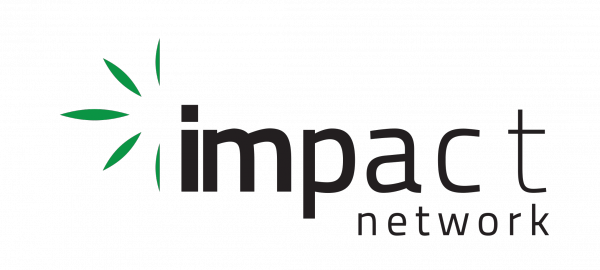
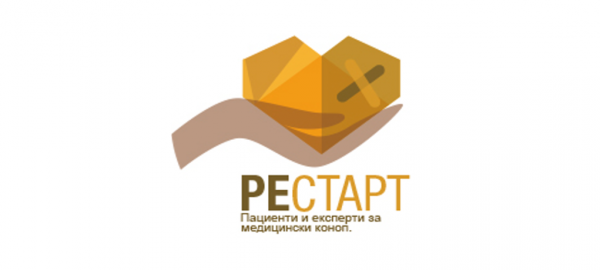
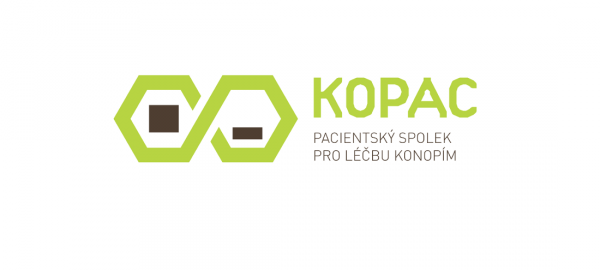
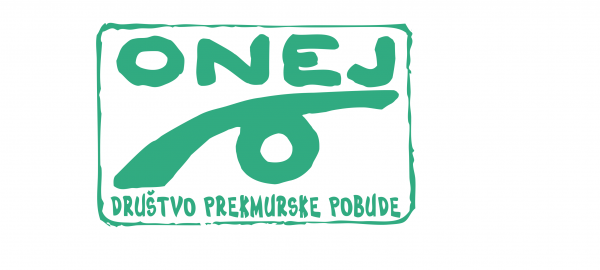
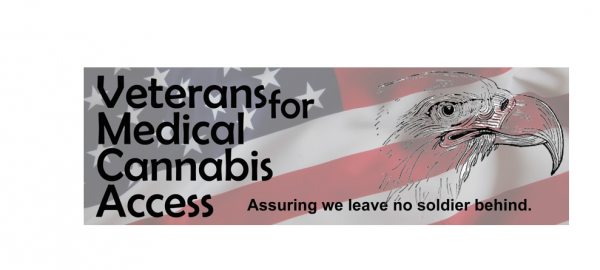
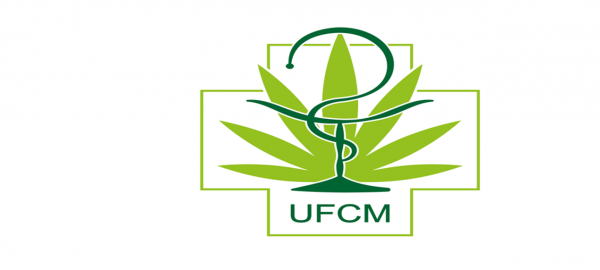
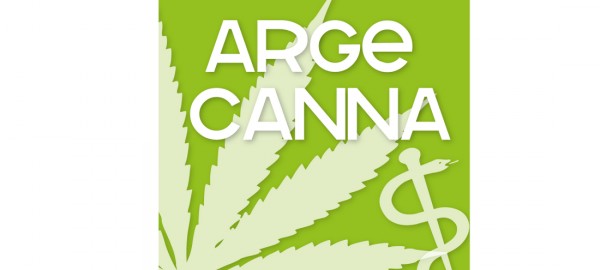
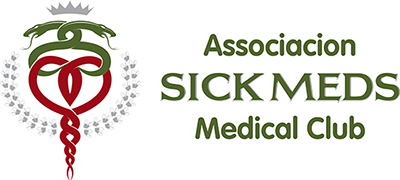
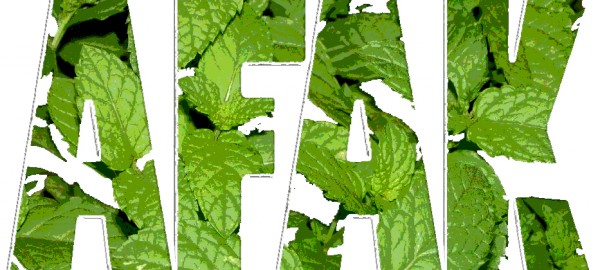
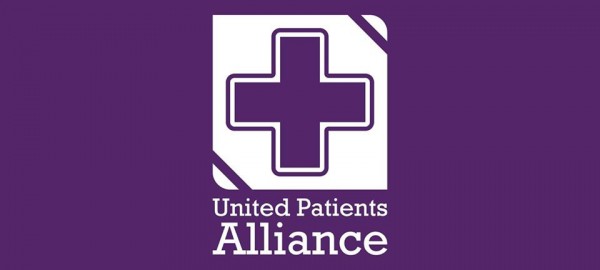

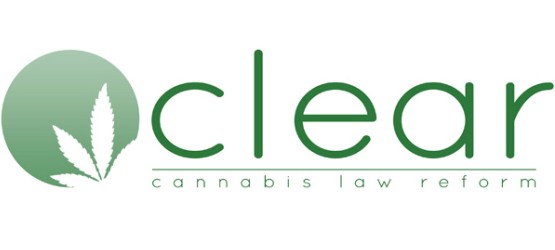
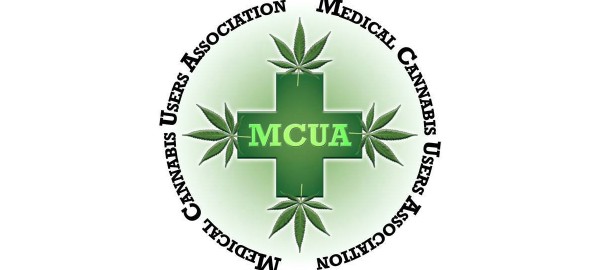
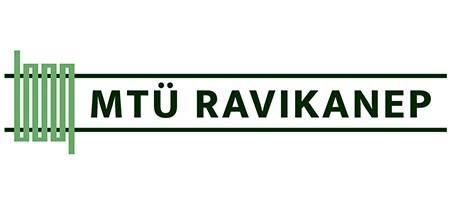
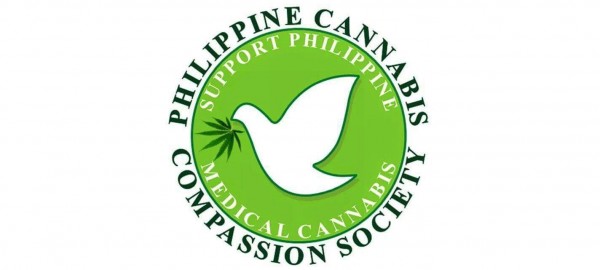
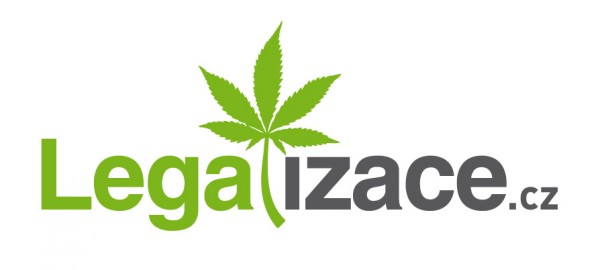
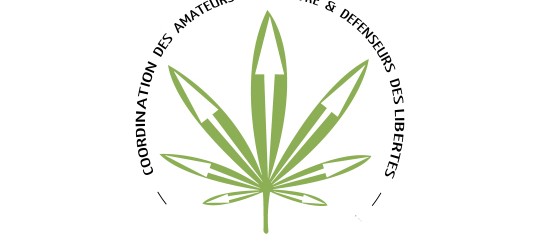
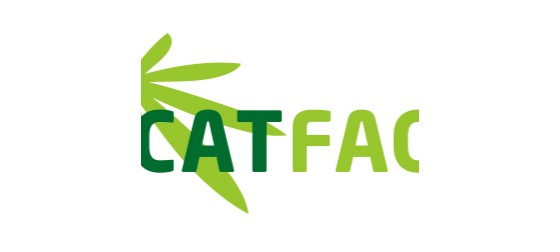
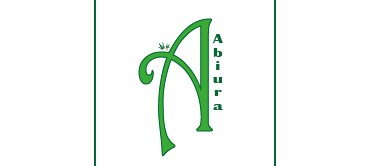
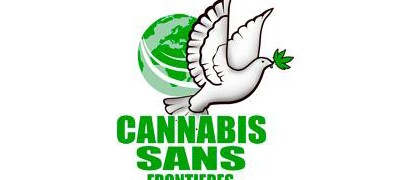
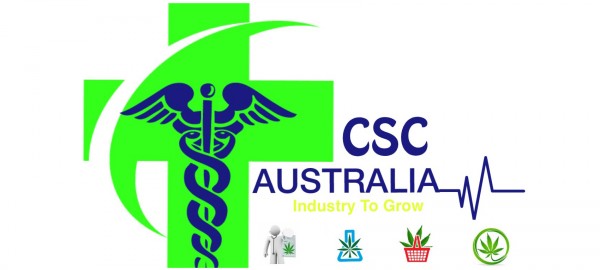
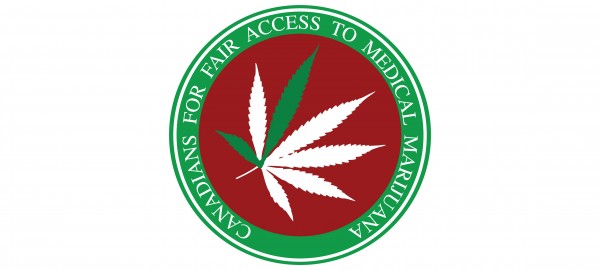
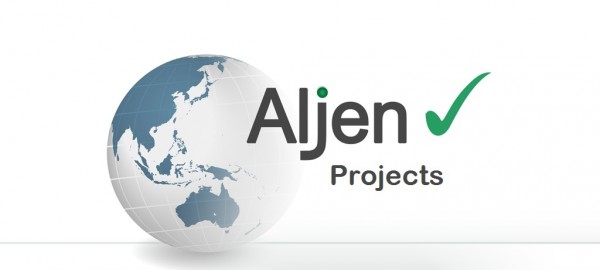
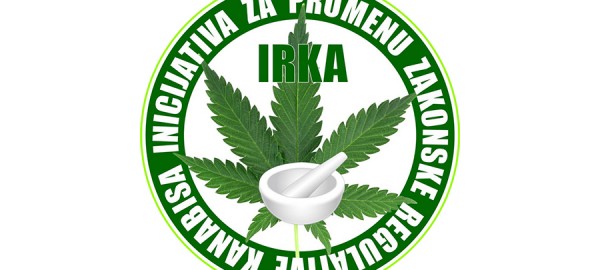
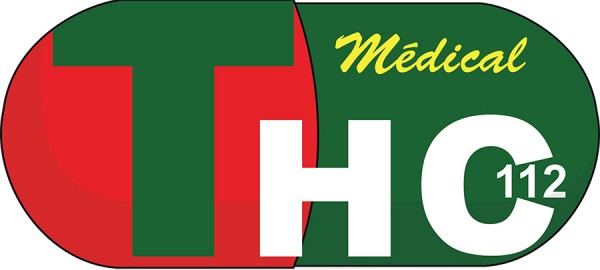
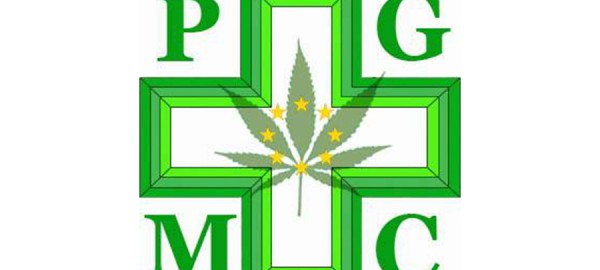
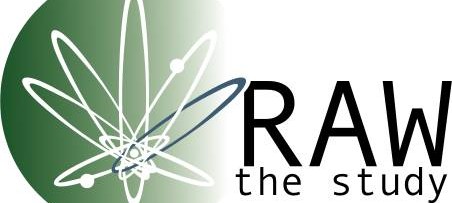
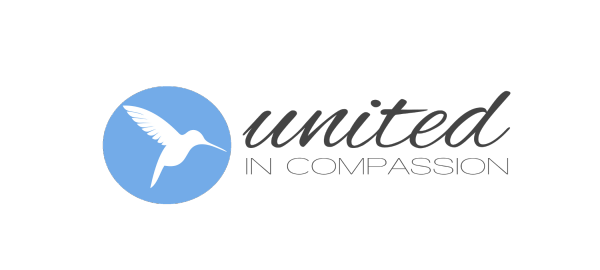
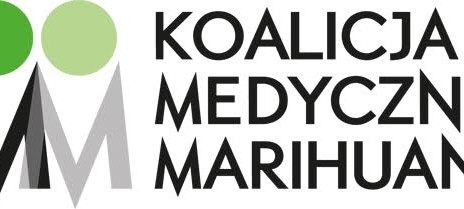
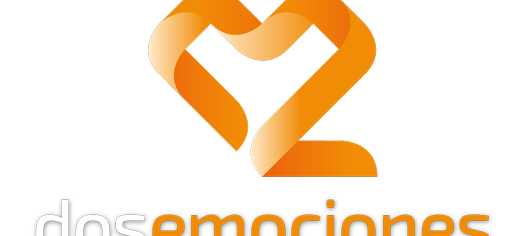
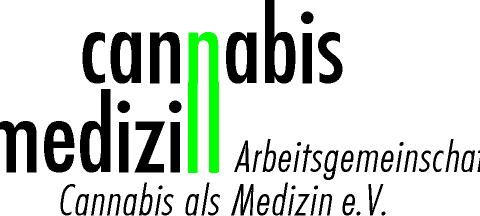
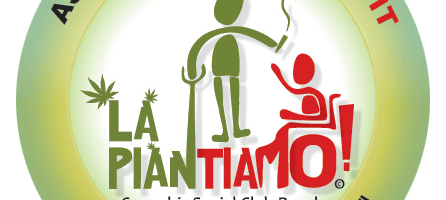
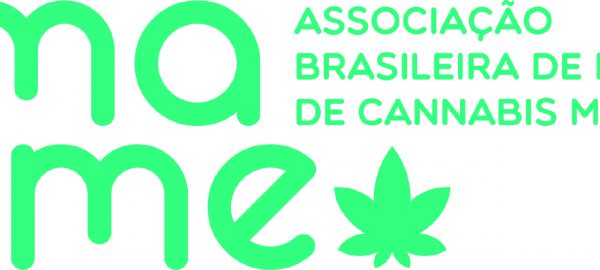

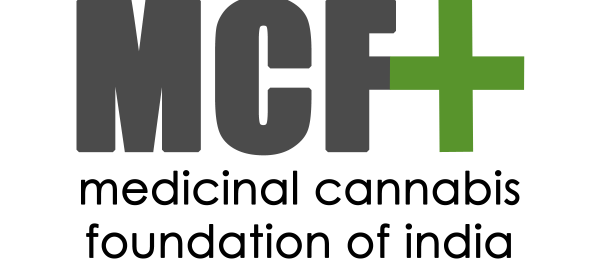
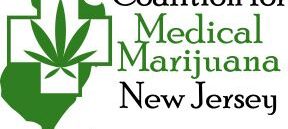

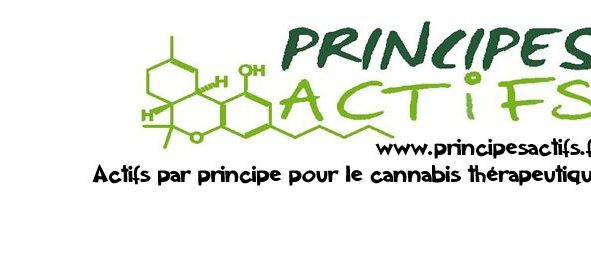
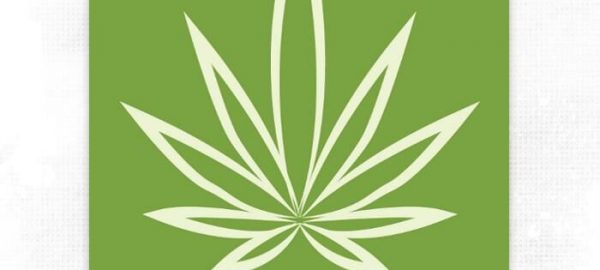
Recent Comments